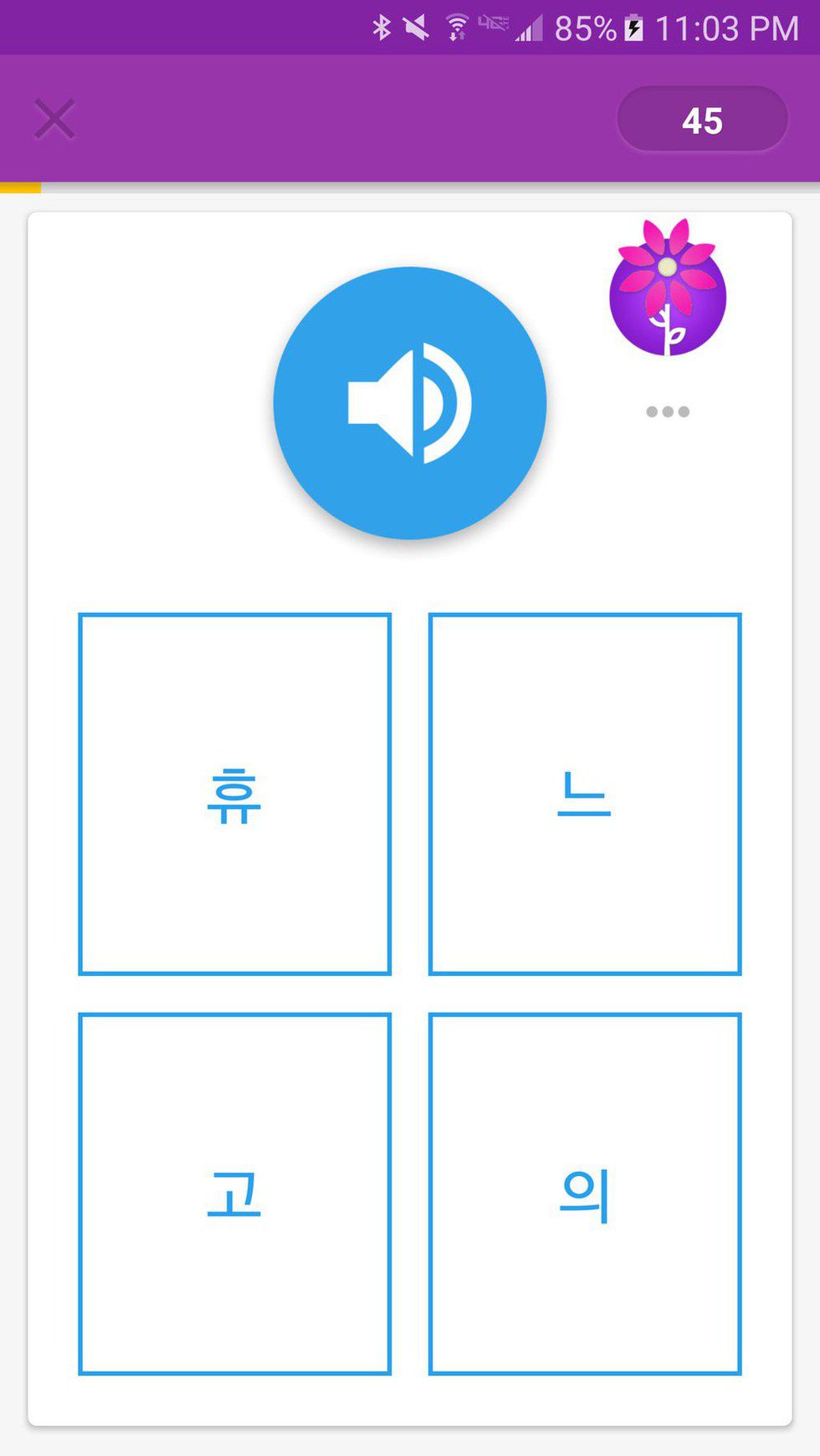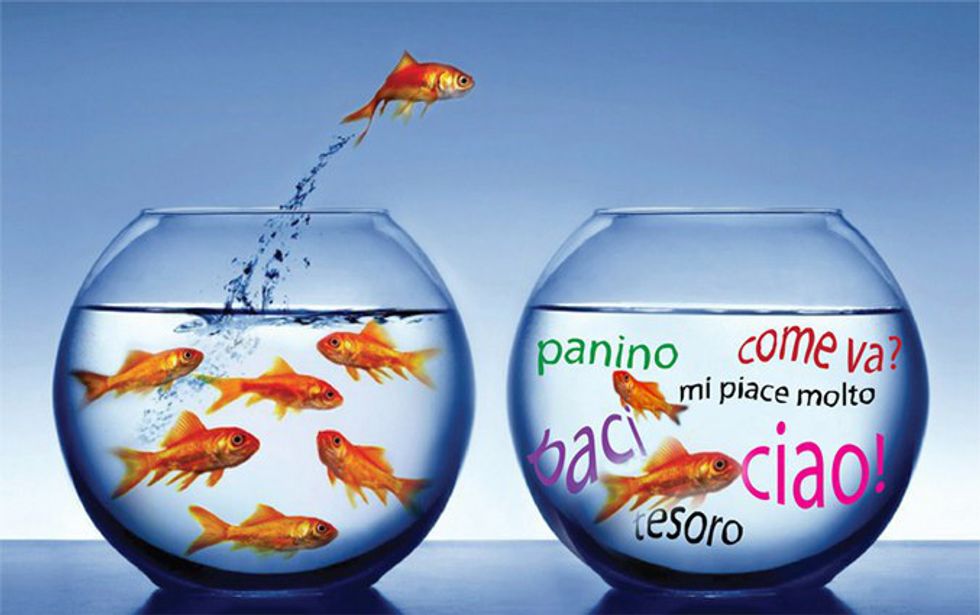Languages are so fascinating in that it can make or break a relationship with somebody and also give you a new perspective on a culture. I am currently fluent in three languages (English, Hindi and Marathi) as well as basic communications in Spanish. I am also currently learning Korean and plan to learn a few more languages in my lifetime. As somebody interested in trying to pick up the basics of many languages, I wanted to give you some tips as to how to master the basics of a language fairly quickly.
1. Mobile Apps
These days, you don't need to invest in a huge textbook from your local bookstore and can simply download a free app from your app store. I would recommend Duolingo and Memrise but if you just search "learn [desired language]" you should be able to find some apps better suiting your tastes as well.
2. YouTube
Everything is on YouTube from pronunciation to vocabulary to actual characters and letters. There are tons of content creators making videos to help people learn languages and I've found that YouTube is an easy way to test the waters in a language before fully committing into learning it.
3. TV Shows
There are a few websites that offer television programs with subtitles which makes it easier to pick up on common phrases such as "hello," "please," "thank you" etc. By watching these, you'll get a feel for how native speakers talk and also the emphasis on certain words in a phrase or sentence. For example, you wouldn't emphasize the word "is" in the sentence "How is the weather?" These small nuances take a while to get used to, but after watching these for a few months it becomes more natural and you'd be surprised how much you can learn without a formal course in the language.4. Immersion
This one takes a bit more effort and control, but is very effective especially when you want to learn vocabulary more quickly. Even if you don't want to partake in the immersion out loud, it helps to just mentally think about what an object would be called in that language. For example, if somebody asks to borrow a pencil from you, think about what a pencil is called in the language you're learning. The more you think about it, the more natural it becomes to instantly think that word when the time comes.
5. Books
When you have learned some basic sentence structure from textbooks or just Google searches, you can start to attempt reading children's books. Since the language is simple, it does not push you too far into learning complex words and sentences but is enough of a challenge to master basic syntax. Usually you can find books at your local library with English translations in the book itself, which is a great way to check your understanding as you go.
6. Read
If you come across the language occasionally, take a second and read it (out loud is preferred but not necessary). This will help your reading and speaking speed. The more natural it becomes for you to recognize a certain word or phrase, the easier it is for you to communicate using them.
7. Relax
Often times, when you pressure yourself to learn 10 words in a day, it gets very stressful. Take your time and have fun with it. After all, if you have bad memories attached to the language, you're less likely to use and remember it! Remember why you wanted to learn the language in the first place and acknowledge that most people don't even take the time to learn new languages as you're doing.
I hope you take some time to gain the skill of another language because being able to communicate is, in my opinion, one of the most important skills one can possess. Just remember to have fun while you learn and the rest will come naturally!















 The minimum wage is not a living wage.
StableDiffusion
The minimum wage is not a living wage.
StableDiffusion
 influential nations
StableDiffusion
influential nations
StableDiffusion











